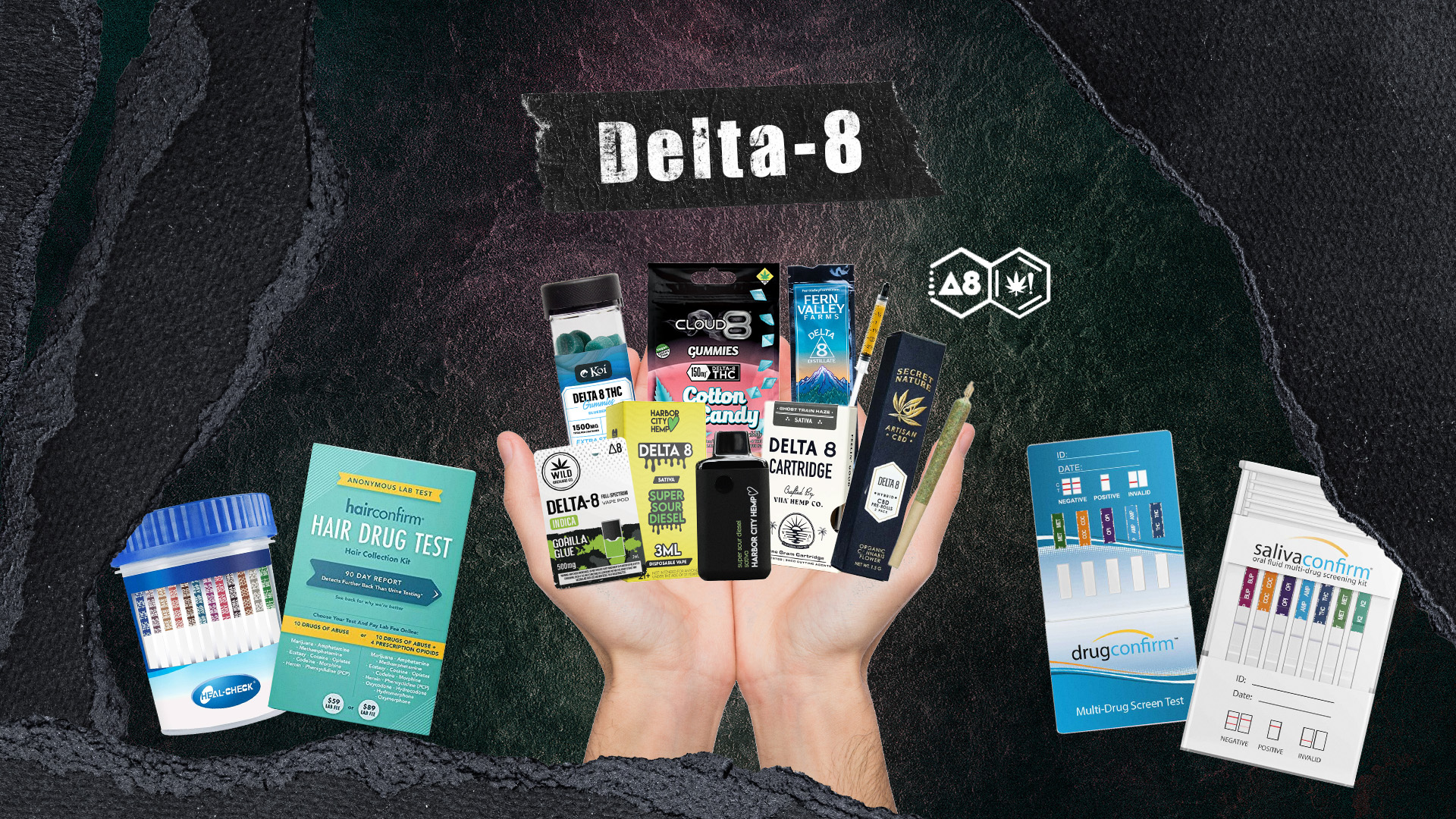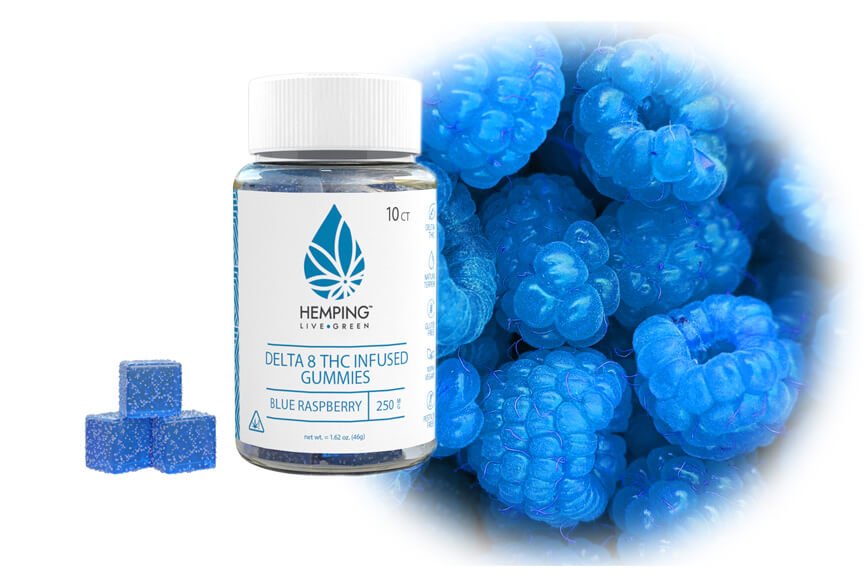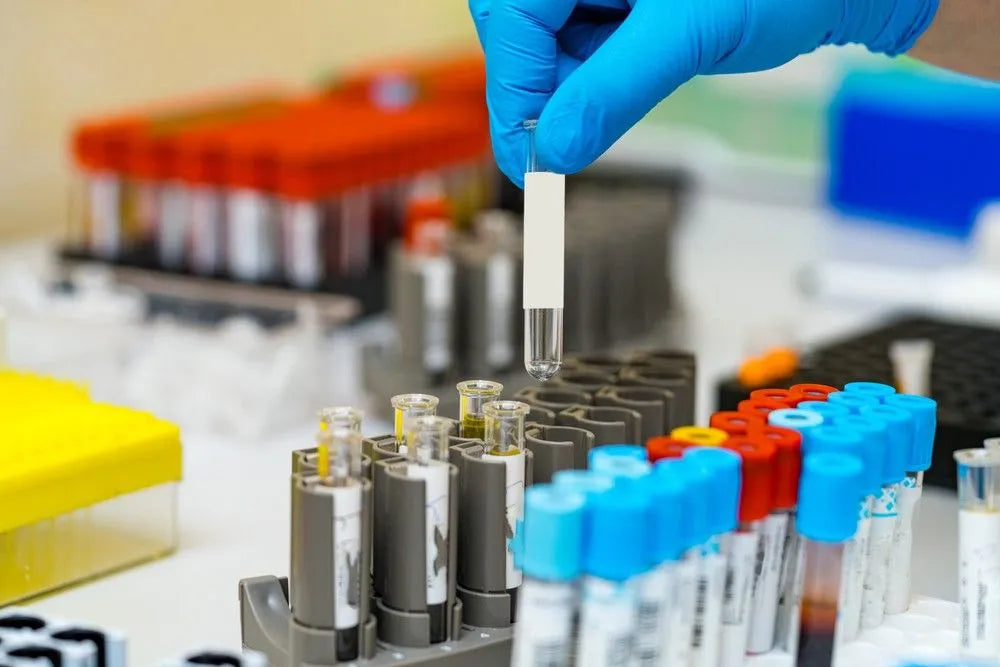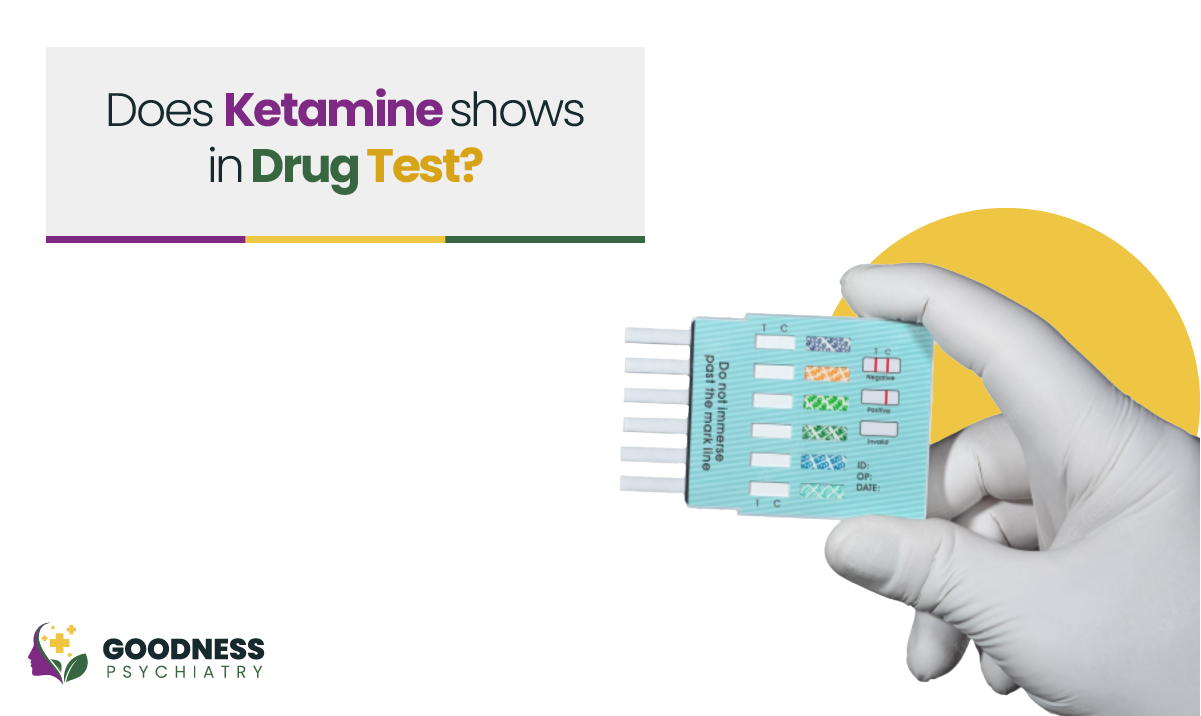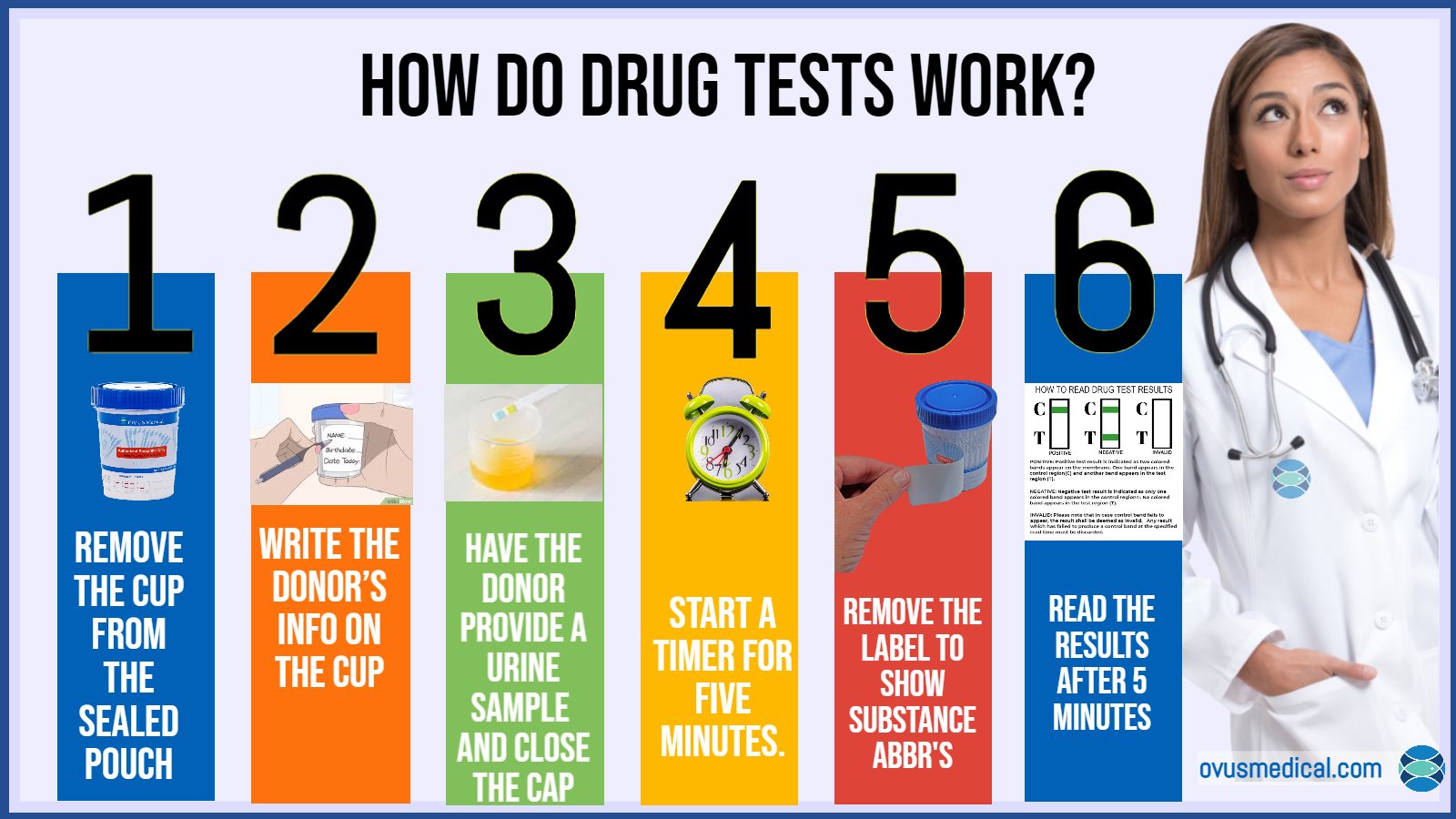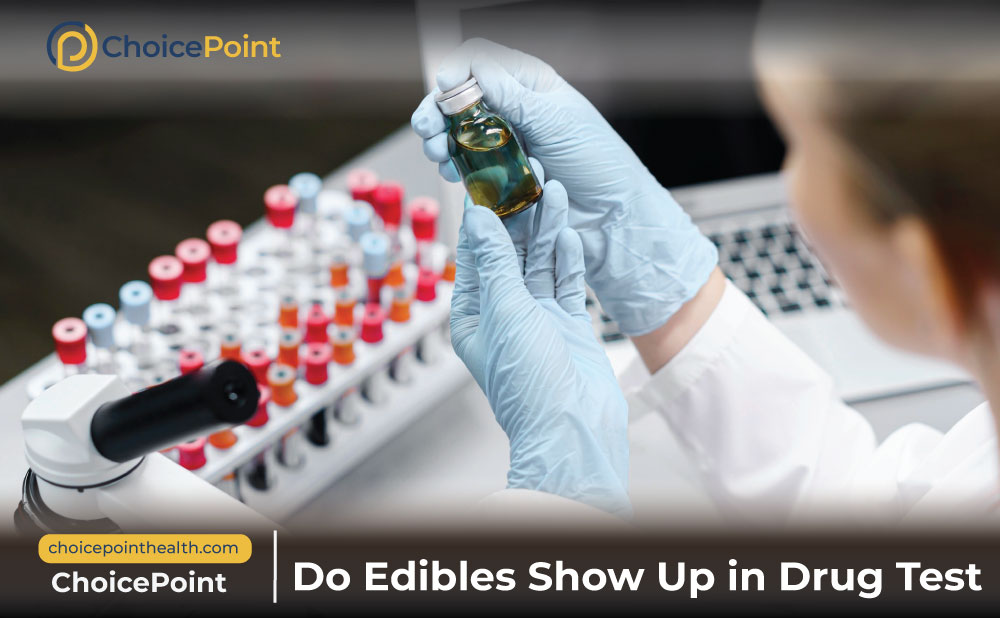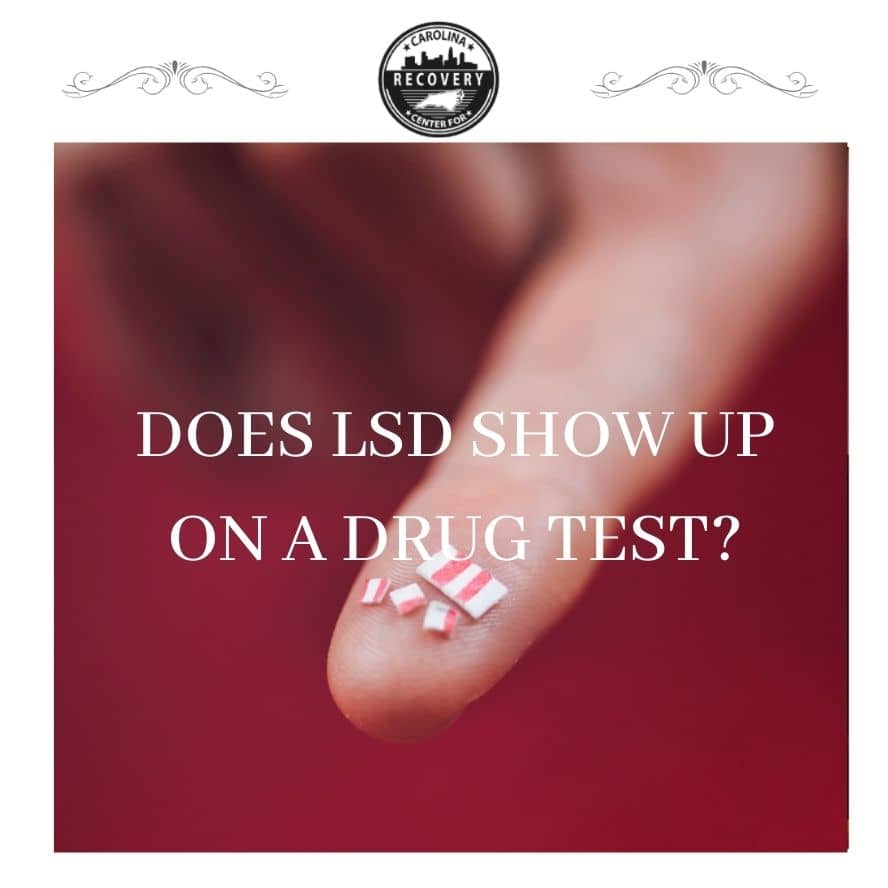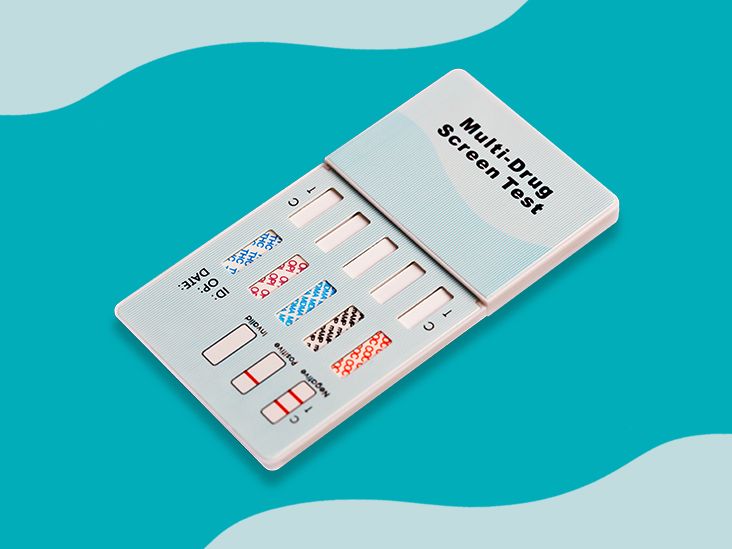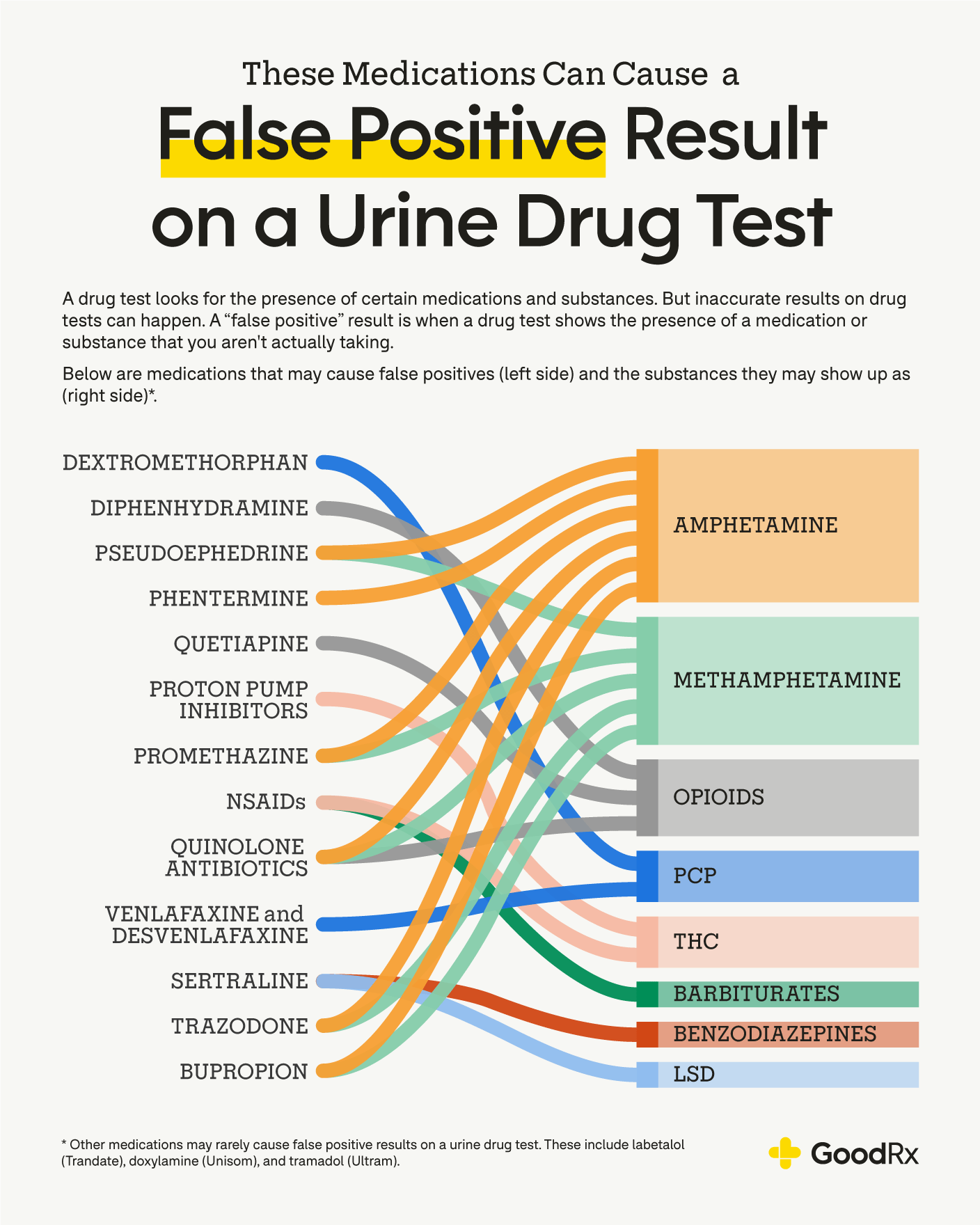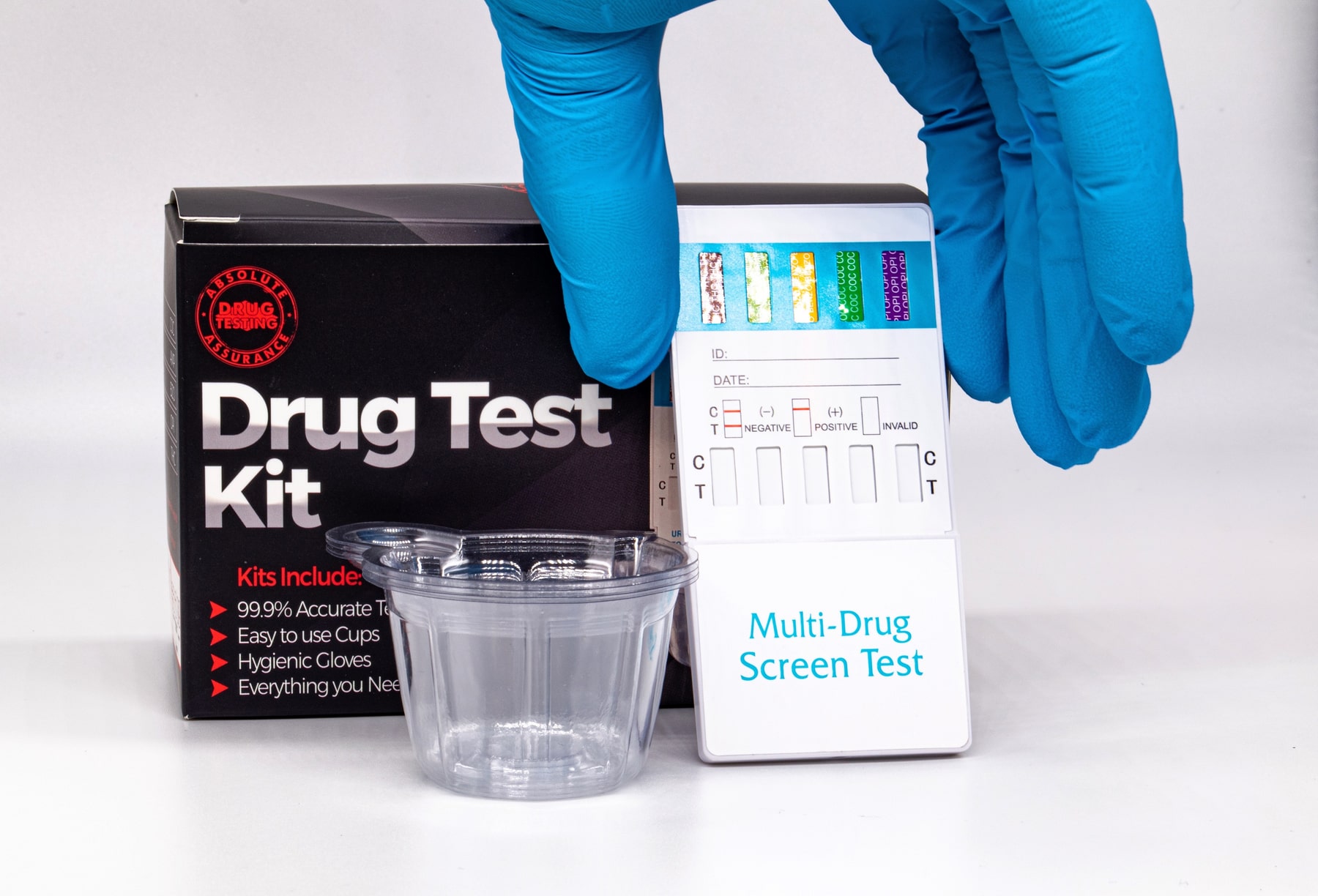Does Delta 8 Show Up In Drug Test
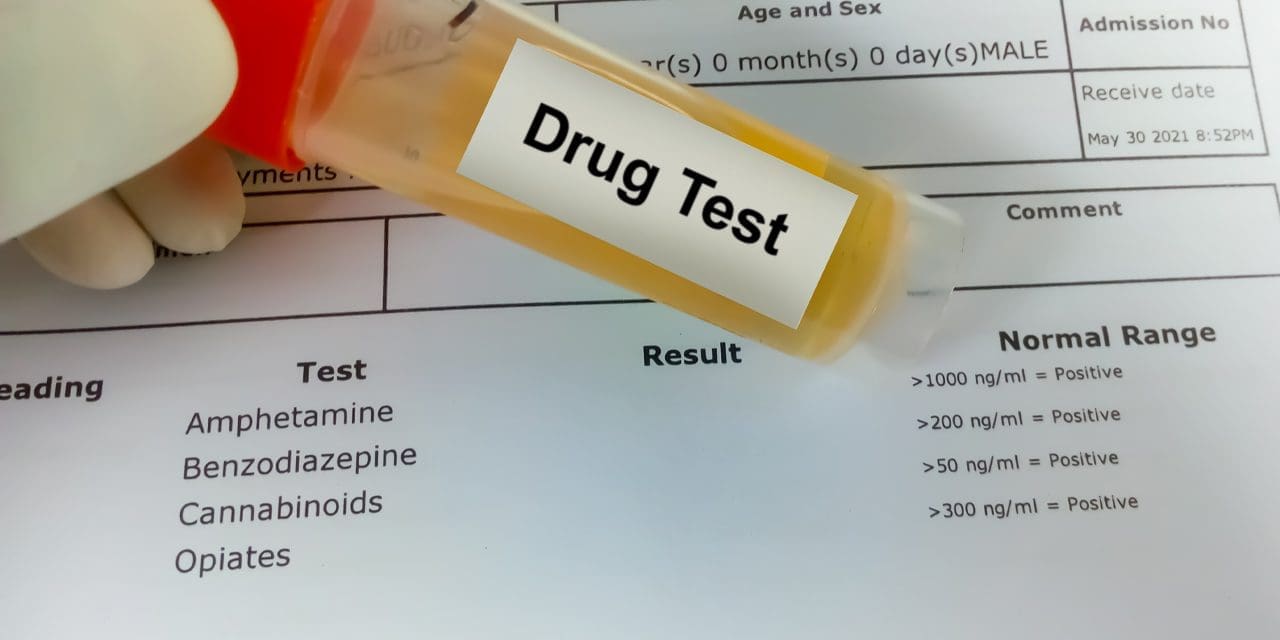
The popularity of Delta 8 THC, a psychoactive cannabinoid found in the cannabis plant, has surged in recent years. This increase in usage has created a significant question mark for many: Will Delta 8 trigger a positive result on a drug test? This concern impacts employees, athletes, and anyone subject to drug screening, creating confusion and potential consequences.
Understanding the complexities of drug testing and the specific metabolism of Delta 8 is crucial for anyone considering its use. The issue is not whether Delta 8 is legal in certain jurisdictions, but whether its consumption will jeopardize professional or personal standing due to a failed drug test. This article delves into the science behind drug tests, the similarities between Delta 8 and Delta 9 THC (the primary psychoactive component of cannabis), and the potential risks associated with using Delta 8 products.
The Science Behind Drug Tests
Most standard drug tests, such as urine, blood, saliva, or hair follicle tests, do not specifically screen for Delta 8 THC.
Instead, these tests are designed to detect the presence of THC metabolites, primarily THC-COOH, which is produced when the body metabolizes various forms of THC.
This metabolite is the key indicator that drug tests look for when determining cannabis use.
Delta 8 vs. Delta 9: A Critical Distinction, and a Big Problem
Delta 8 and Delta 9 THC are chemically similar, both containing the same chemical formula but with a slight difference in the placement of a double bond. This seemingly minor difference results in varying levels of psychoactivity.
However, the body metabolizes both compounds into similar metabolites, including THC-COOH. This means that drug tests cannot easily distinguish between Delta 8 and Delta 9 THC use.
Therefore, consuming Delta 8 can, and often will, lead to a positive drug test result for THC.
The Risk of Cross-Contamination and Mislabeling
Even if a product is marketed as pure Delta 8, there is a risk of cross-contamination with Delta 9 THC, especially in unregulated markets.
Manufacturing processes may not be able to completely isolate Delta 8, resulting in trace amounts of Delta 9 being present in the final product.
Furthermore, some products may be mislabeled, containing higher levels of Delta 9 than advertised.
"The lack of regulation in the Delta 8 market is a major concern," says Dr. Emily Carter, a pharmacologist specializing in cannabinoid research. "Consumers may not be getting what they think they're getting, and the risk of testing positive for THC is significantly increased."
Factors Influencing Detection Times
Several factors influence how long THC metabolites remain detectable in the body.
These include the frequency and amount of Delta 8 consumed, individual metabolism, body fat percentage, and the type of drug test used.
For occasional users, THC metabolites may be detectable in urine for a few days, while chronic users may test positive for several weeks or even months.
Real-World Implications and Consequences
The potential consequences of a positive drug test due to Delta 8 use can be significant.
Employees in safety-sensitive positions, such as transportation or healthcare, could face job loss.
Athletes may be disqualified from competitions, and individuals on probation or parole could face legal repercussions.
Legal Ambiguity and the Need for Clarity
The legal landscape surrounding Delta 8 is complex and varies by state.
While some states have legalized Delta 8, others have explicitly banned it. This patchwork of laws adds to the confusion for consumers and employers alike.
Clearer regulations and standardized testing methods are needed to address the challenges posed by Delta 8 and other novel cannabinoids.
Recommendations and Precautions
Individuals who are subject to drug testing should exercise extreme caution when considering Delta 8 products.
The safest course of action is to abstain from using Delta 8 altogether to avoid the risk of a positive drug test.
If considering using Delta 8, research product carefully, looking for third-party lab testing and certificate of analysis and understand your employer's drug testing policies.
The widespread availability and growing popularity of Delta 8 products present a complex challenge for drug testing protocols. Because standard drug tests cannot distinguish between Delta 8 and Delta 9 THC, using Delta 8 carries a substantial risk of resulting in a positive test for cannabis use.
As the legal landscape surrounding cannabinoids continues to evolve, it is essential for individuals, employers, and policymakers to stay informed and adapt their approaches to drug testing and regulation. Greater clarity and standardization are needed to ensure fairness and accuracy in drug testing, while also protecting the rights and responsibilities of all stakeholders. Consumers should be aware of the risk involved using delta 8, and manufacturers and retailers should take responsible and provide comprehensive information about their product.


